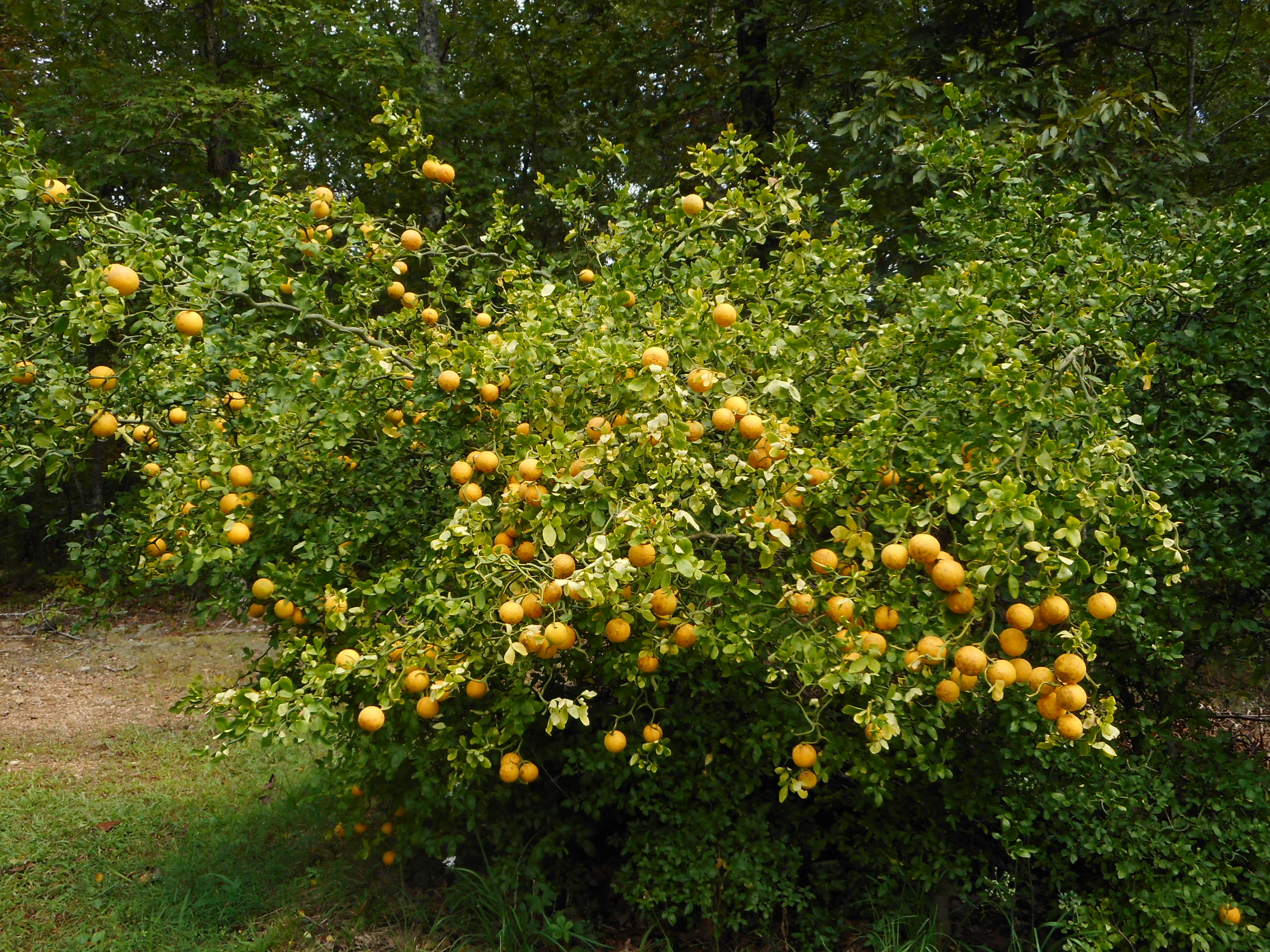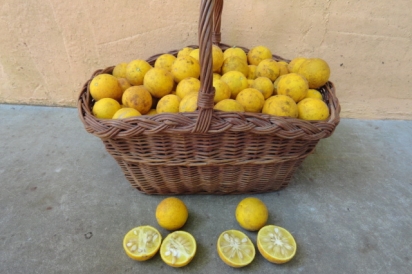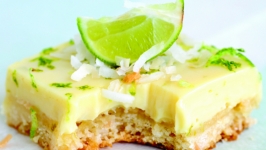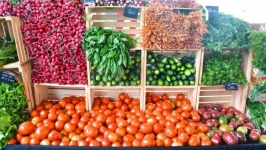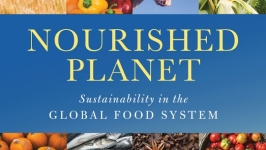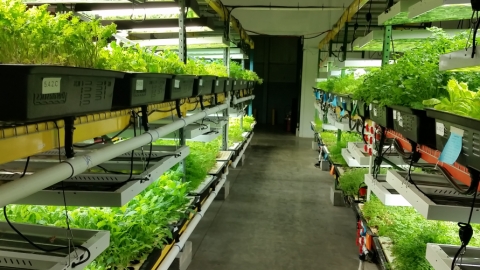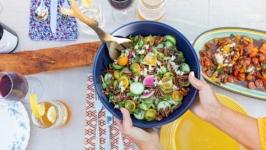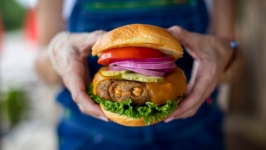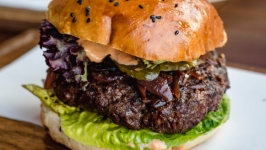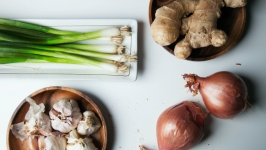Sustainable Fruit Grown in Middle Tennessee
When I was a kid, a long time ago, oranges and grapefruit were expensive and a special treat for the holidays. Even lemons were not yet household staples unless you lived on the Gulf Coast or Florida, and semi-hardy citrus fruit like satsumas, calamondins and kumquats were almost unknown. Now with seemingly cheap transportation (because we are not paying full cost), dozens of kinds of citrus are available year-round almost everywhere courtesy of the corporate fruit industry. To maximize in-house, short-term profits, the corporate fruit industry uses chemically-assisted monocultures complete with accompanying residues and prettied up with dyes and coatings.
And we buy into this because it is convenient and tasty and citrus has some important health benefits. Hopefully, the positives at least somewhat offset the negatives of the environmental disruptions from monocultures and poisonous chemicals used and petroleum burned for transport. It does seem we act selfishly and shortsightedly in putting our indulgences ahead of our (and our children’s) security and well-being. Of course we could grow at least some of our own citrus and other fruits in backyards or even as a local farm crop.
What I am proposing is that we focus on more regional or local production for food security. And there is a delicious citrus fruit that we can produce here in middle Tennessee with little trouble and no pests. This very cold hardy citrus is also suitable for growing in similar climates where the extreme winter low temperature stays above -15°F outdoors. Most winters here we can expect to go down briefly to around zero°F.
The botanical name of this citrus with local potential is Poncirus trifoliata. It is a genus with only one species. This unusual citrus is native to central China and naturalizes well here. There are two heritable forms – the larger (to 20’) typical or type with straight two-inch thorns and ‘Flying Dragon’, a dwarf (to 8’) with ornamental contorted branches and hooked thorns which seem dragonesque in winter when they are leafless. There is no real common name although they are sometimes referred to as the Trifoliate Orange. The ‘Flying Dragon’ form can be set out on two-foot centers for use as a “fedge” (a food producing hedge) and is effective as an impenetrable barrier suitable to fence livestock or even deer. Either form makes a unique specimen in the landscape.
The fruit is similar to a seedy lemon but with a unique flavor that pleasantly combines lemon, grapefruit and mango. This fresh citrus, if allowed to after ripen on the counter then rolled and squeezed, makes a great ade – no sugar needed. The flavor of this Dragon Juice Ade mellows nicely after a few hours at room temperature. The juice can also be frozen for winter use – we substitute it in Key lime pie recipes – great! The peel can be candied or made into marmalade or used as zest. The seeds, dried and ground, are a nutraceutical similar in virtues to grapefruit seed meal. In Korea, the young leaves are parboiled and used as a green vegetable.
On the downside the fruit is small (2” ±), seedy, resinous and only available in the fall (beginning in Sept.). Uninjured fruit will stay good for up to three months on the kitchen counter. We usually use the last of them around New Years when we must go back to using the long distance trucks if we want fresh citrus … or we could return to eating locally and seasonally which long term is healthier for us as well as the planet and certainly more sustainable. By spring we start missing and pleasantly anticipating our own unique local citrus. The one with the very small “environmental footprint.”
From our Earth Advocates Research Farm booth at the Franklin Farmer’s Market we offer fresh citrus as well as other unusual fruit on Saturday mornings. In the appropriate season for planting we also offer several sizes of a variety of useful plants for edible landscaping ala Permaculture – hardy citrus and other plants proven to do well in middle Tennessee – year-round. Seeds of this hardy citrus and other useful plants are available from the ethnobotanical catalog of J.L. Hudson Seedsman in California (www.JLHudsonSeeds.net).


